Bac Lieu is a coastal province located in the key rice and seafood production area of the country. The locality has been taking many effective steps in developing sustainable agriculture, especially through smart farming models such as shrimp - rice, helping to adapt to rapidly changing natural conditions.
 Mr. Nguyen Van Du (Chau Dien Hamlet, Long Dien Dong A Commune, Dong Hai District) monitors the development of farmed shrimp according to the project's process. Photo: M.D
Mr. Nguyen Van Du (Chau Dien Hamlet, Long Dien Dong A Commune, Dong Hai District) monitors the development of farmed shrimp according to the project's process. Photo: M.D
CLIMATE CHANGE ADAPTATION MODEL
Since 2023, Bac Lieu has implemented the project "Enhancing the resilience of agricultural ecosystems and local communities to climate change in the coastal areas of Bac Lieu province", supported by the UBS Optimus Foundation UK through WWF. The project is implemented on a total area of 107.5 hectares belonging to 10 cooperatives and cooperatives in the following localities: Gia Rai town, Dong Hai district, Phuoc Long district and Hong Dan district, with nearly 3,000 beneficiaries. The project prioritizes the implementation of the shrimp-rice rotation model, which is a long-standing typical form of farming of Bac Lieu people. This is a model that uses the area of cropping brackish water shrimp farming and rice cultivation to help the land "rest", increase its ability to self-clean, limit the outbreak of diseases and especially save water resources - a factor that is becoming valuable in the context of climate change increasing drought and saltwater intrusion.
Households participating in the project are trained in techniques, supported with quality shrimp seeds (domesticated black tiger shrimp), input materials such as minerals, microorganisms, and environmental testing kits, thereby helping them to cultivate more effectively and sustainably. 100% of households in the project have made a profit, shrimp productivity has increased, and disease has significantly decreased thanks to compliance with technical processes, especially in water environment management and the use of disease-free shrimp seeds. Accordingly, shrimp productivity has increased year by year, specifically: in 2023, the project will deploy a model of 27.5 hectares with 13 households, with an average shrimp yield of 127.6 kg/ha, 2.47 times higher than the control area; in 2024, the project will deploy 60 hectares with 30 households, with an average shrimp yield of 186.1 kg/ha, 1.99 times higher than the control area; In 2025, the model will have 20 hectares with 18 households, with an average shrimp yield of 236.5 kg/ha.
Mr. Nguyen Thanh Gop (Chau Dien Hamlet, Long Dien Dong A Commune, Dong Hai District) shared: “Previously, I farmed according to the traditional model, but the efficiency decreased due to diseases and environmental pollution. Since joining the project, my family's shrimp productivity has increased significantly.” Thanks to support from WWF and the industry, he changed his farming method, followed the technical process and had his first shrimp crop with a yield of 430kg, earning nearly 70 million VND with only 1 hectare.
 Leaders of the Department of Agriculture and Environment, WWF and Can Tho University inspected shrimp raised in the project.
Leaders of the Department of Agriculture and Environment, WWF and Can Tho University inspected shrimp raised in the project.
TOWARDS GREEN AGRICULTURE
WWF projects have been opening up opportunities for farmers to participate in sustainable value chains. Many models are moving towards international certification standards such as ASC or organic products, creating conditions to expand export markets and increase product value.
Currently, Bac Lieu is implementing a plan to participate in the Project "Sustainable development of 1 million hectares of high-quality, low-emission rice cultivation associated with green growth in the Mekong Delta by 2030". This is a comprehensive strategy to restructure agriculture towards modernity, adapt to climate change and increase the value of agricultural products. In addition to the shrimp-rice model, the province also focuses on developing environmentally friendly models such as ecological shrimp farming and shrimp-forest farming. This not only protects the natural environment, but also brings sustainable income to people living near the forest, thereby reducing deforestation pressure and protecting biodiversity.
Mr. Nguyen Trung Hieu - Deputy Director of the Department of Agriculture and Environment, said: "The WWF project has closely followed the target group and needs of the people. Gradually improve production efficiency in the face of climate change impacts, create income, and improve the lives of cooperative members. Therefore, we hope that WWF, institutes and schools will pay attention to research to improve the production efficiency of shrimp - rice, shrimp - forest models and experience in implementing the Project "Sustainable development of 1 million hectares of high-quality, low-emission rice monoculture associated with green growth in the Mekong Delta by 2030". Especially developing agricultural product brands towards high quality, food safety...
If the shrimp-rice and shrimp-forest models are replicated, they will become effective "green shields" to better cope with climate change, rising sea levels, drought and salinity, and protect the livelihoods of thousands of households. The project has increased shrimp productivity by 120-150%, expanded 60 hectares of protective forest, and will be a solid foundation for forming agricultural policies to adapt to climate change. Meanwhile, the improved extensive shrimp farming models and shrimp-forest farming models still have great potential but have not yet maximized their effectiveness. Therefore, investment in technical improvement, breed support, and capacity building for people are still priorities in the coming period.
The shrimp-rice model in Bac Lieu is a smart and sustainable farming model in the context of climate change. It not only helps people increase their income and improve their livelihoods, but also contributes to protecting the environment, natural ecosystems and developing agriculture in a green, clean and low-emission direction. To successfully replicate this model, the province needs to continue investing in irrigation infrastructure, increase the transfer of science and technology, expand the scale of production linkages and build value-added chains. Thereby, contributing to the common efforts of the entire Mekong Delta region in responding to climate change and sustainable development.
MINH DAT
Source: https://baocamau.vn/hieu-qua-tu-canh-tac-nong-nghiep-thich-ung-voi-bien-doi-khi-hau-a64214.html



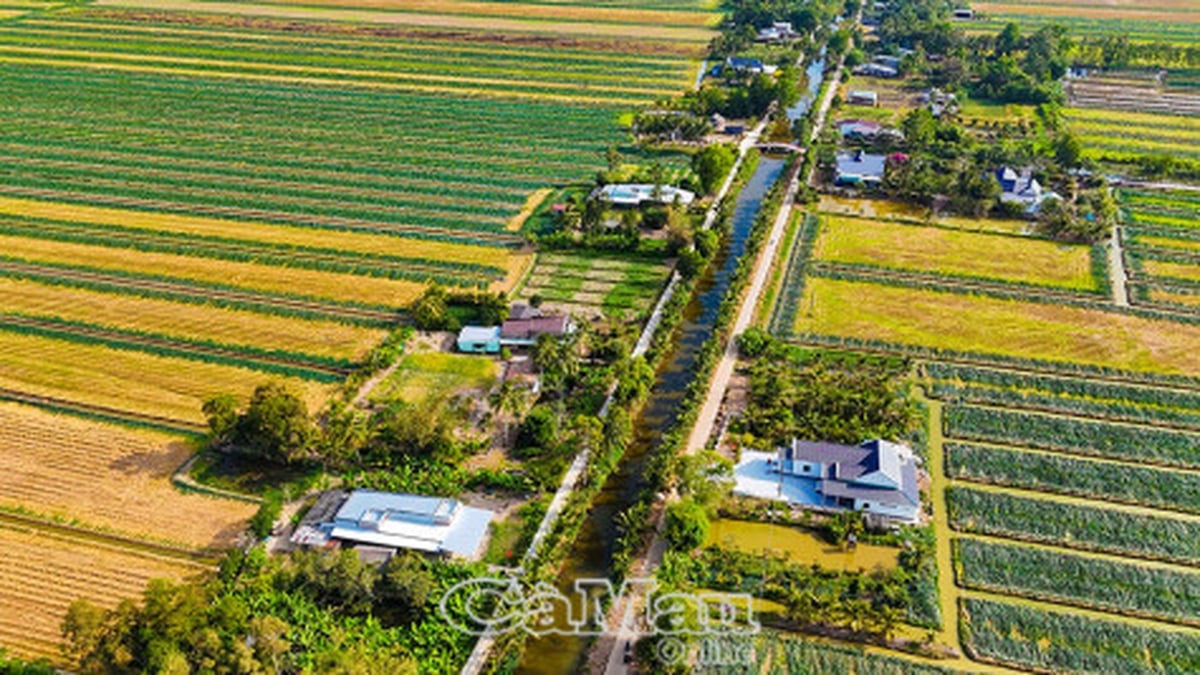
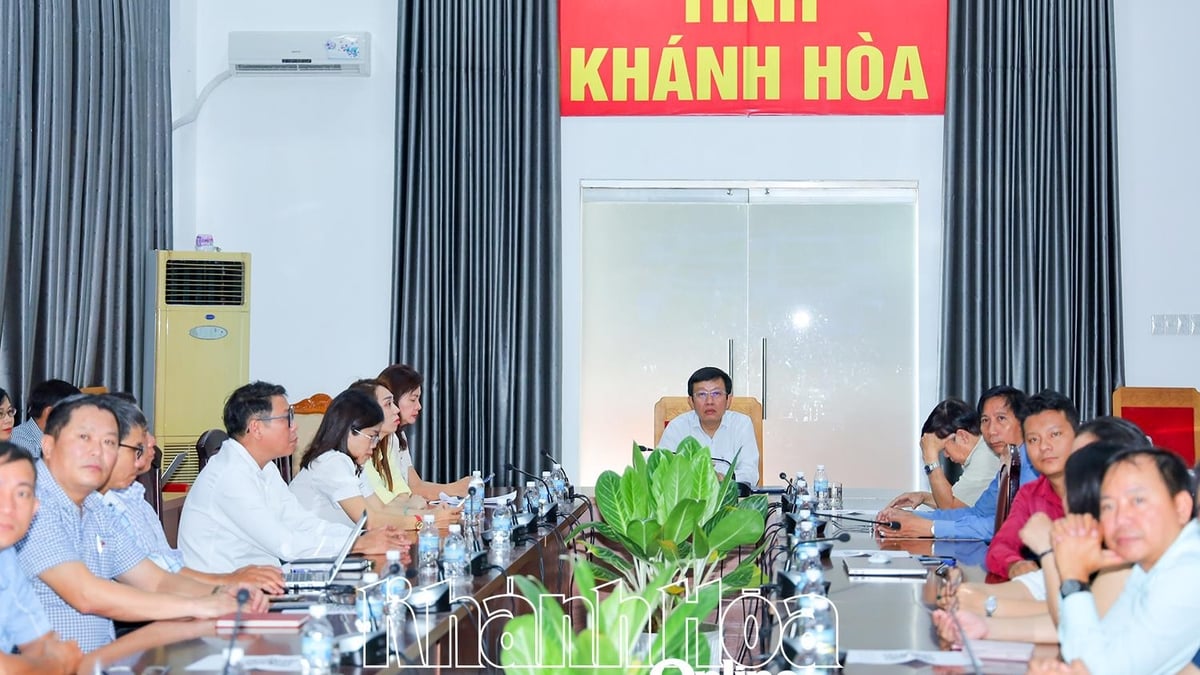
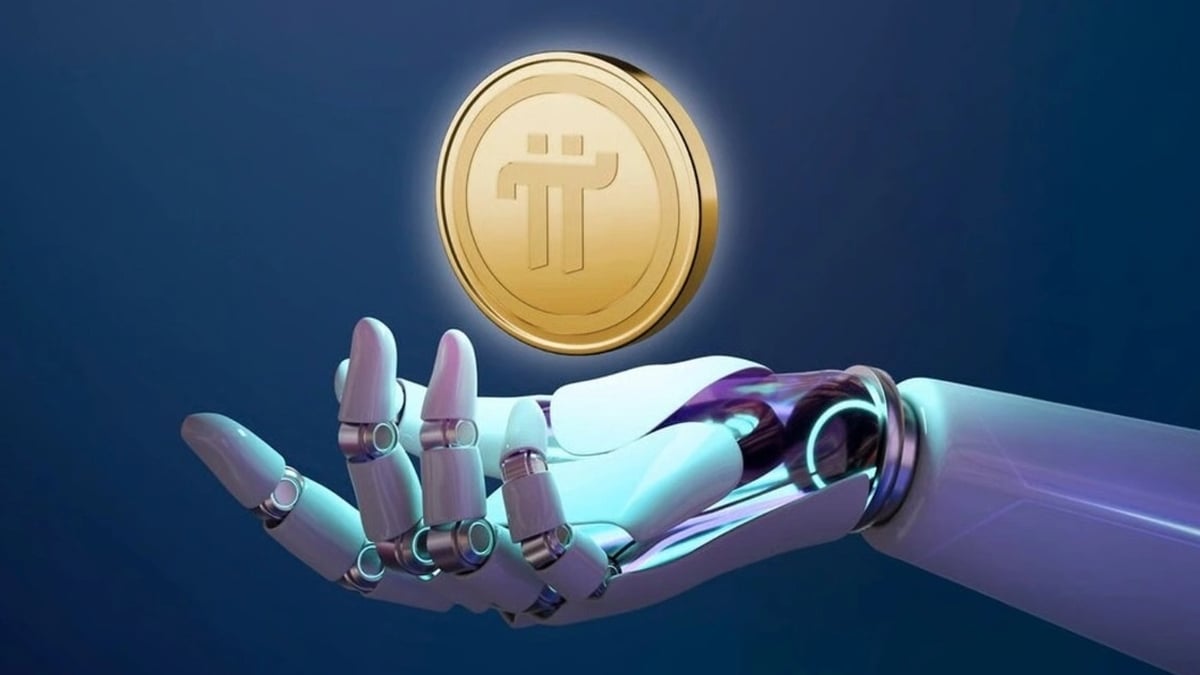
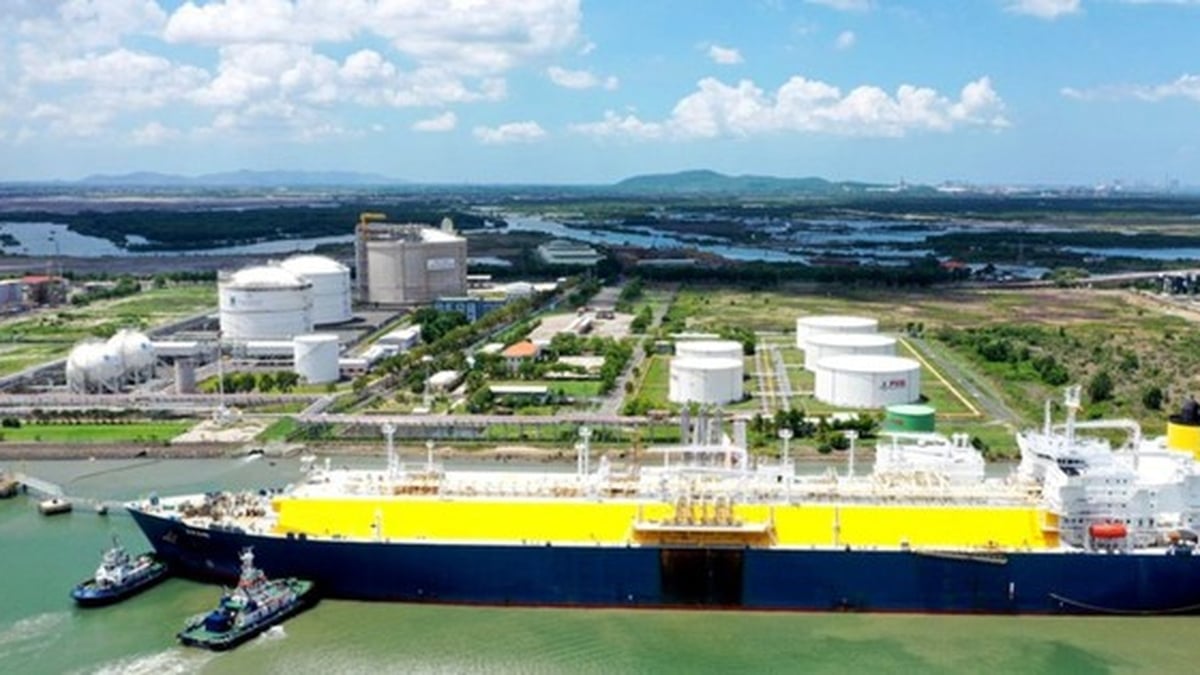
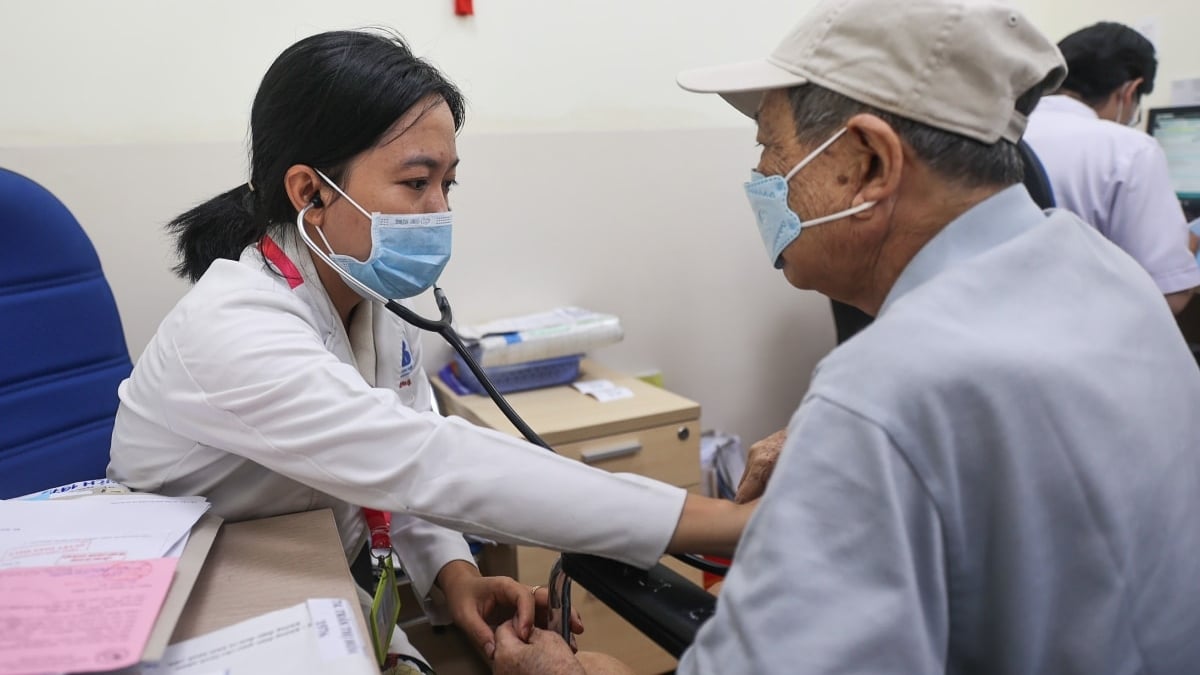
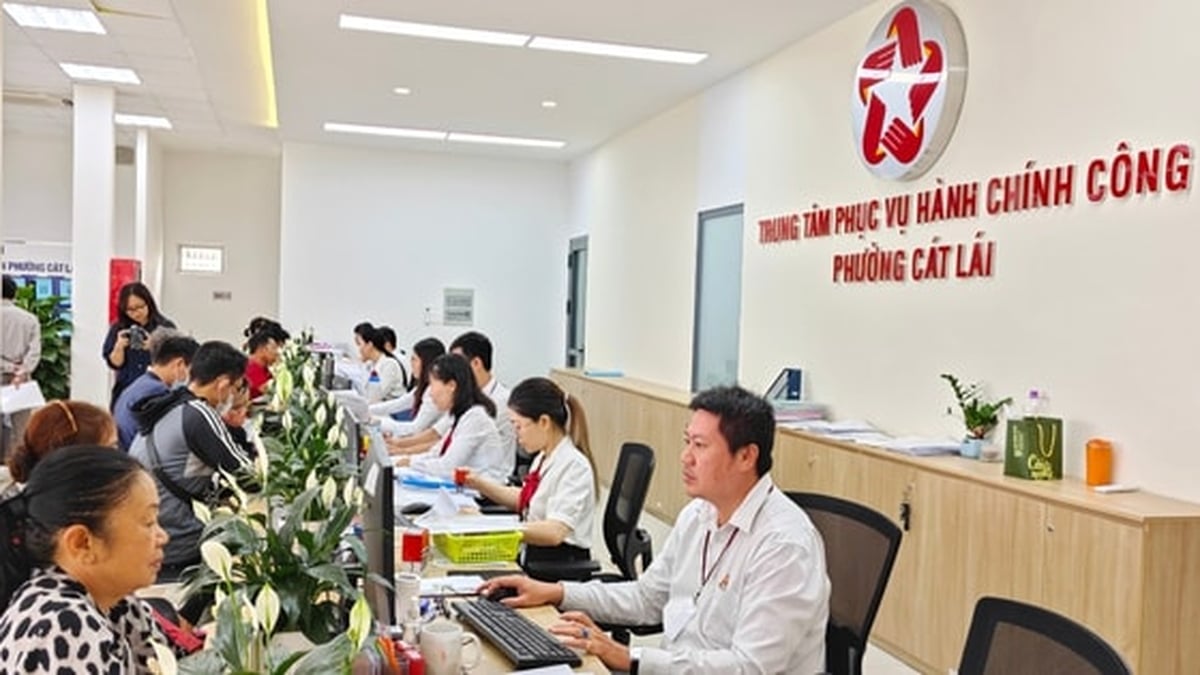
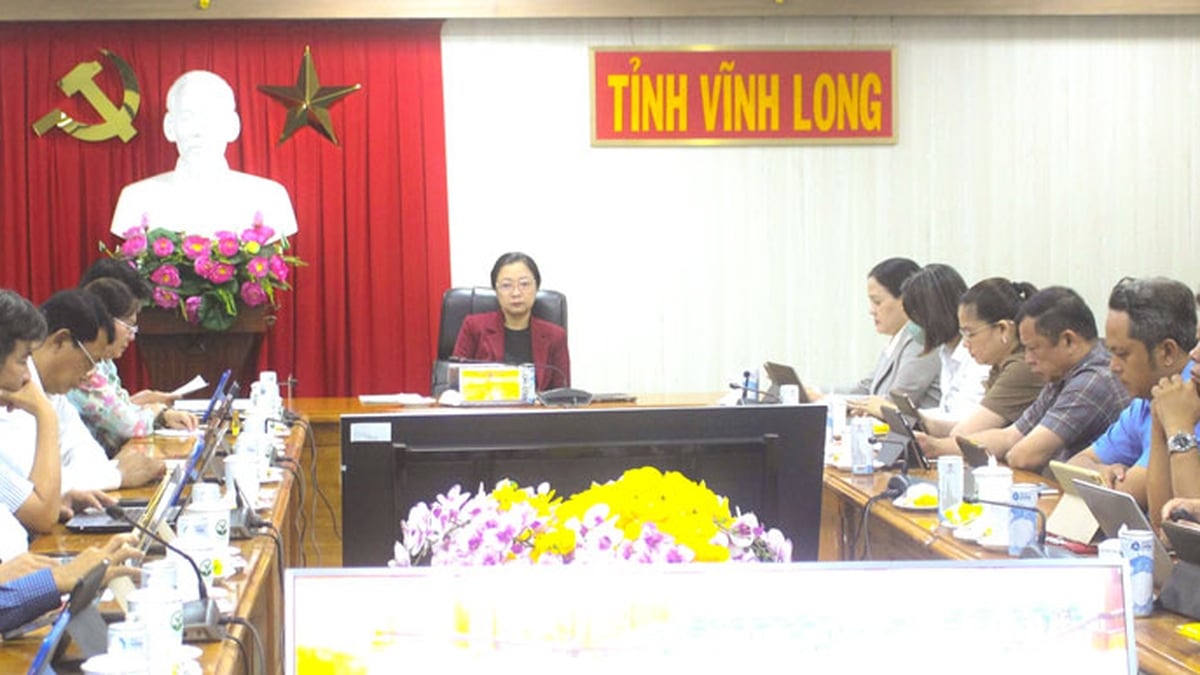
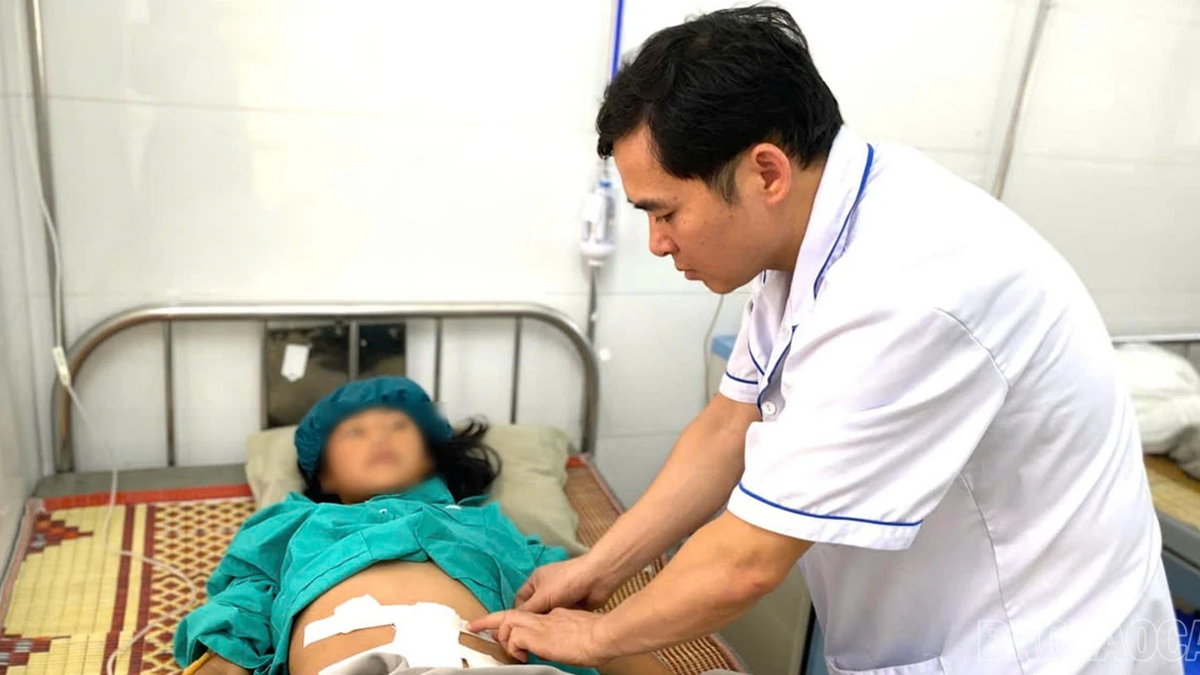
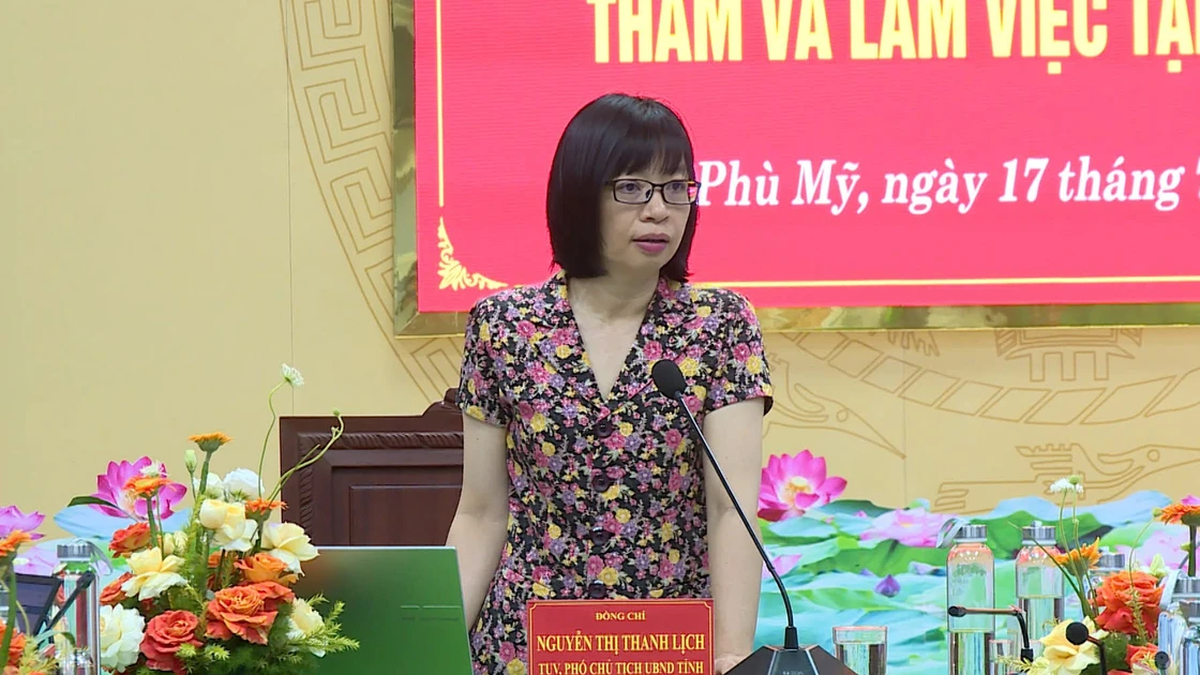







































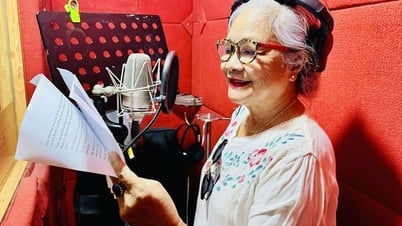

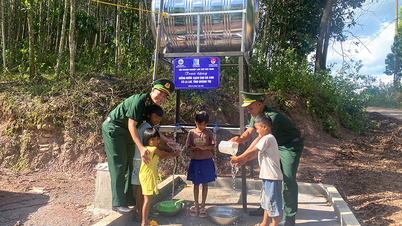


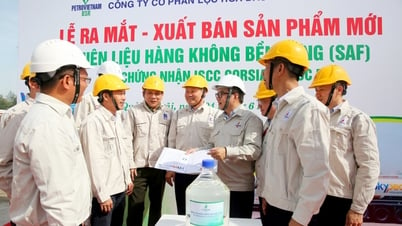



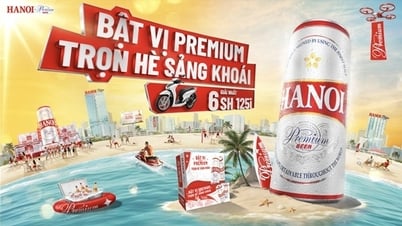

![[Maritime News] More than 80% of global container shipping capacity is in the hands of MSC and major shipping alliances](https://vphoto.vietnam.vn/thumb/402x226/vietnam/resource/IMAGE/2025/7/16/6b4d586c984b4cbf8c5680352b9eaeb0)




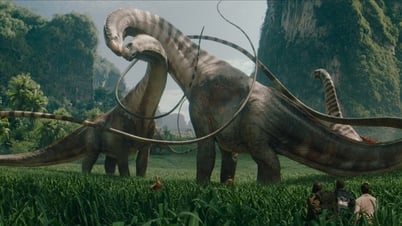

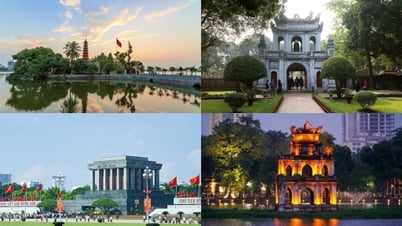

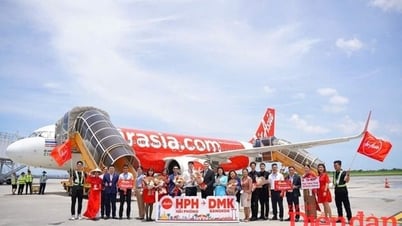

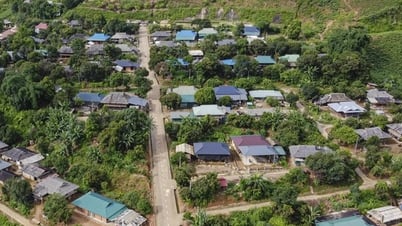
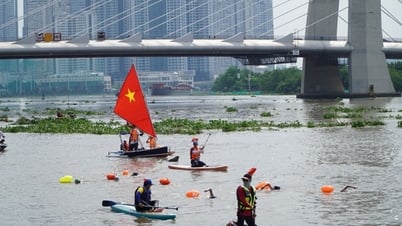
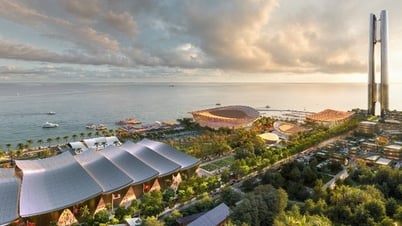
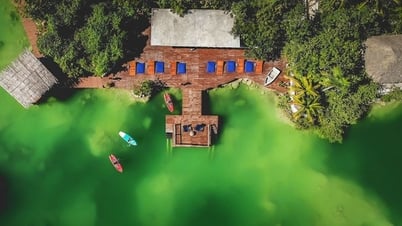
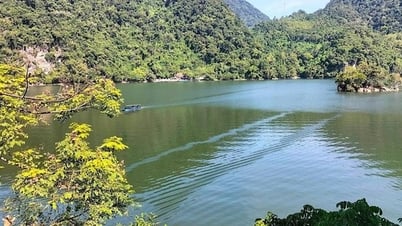























Comment (0)